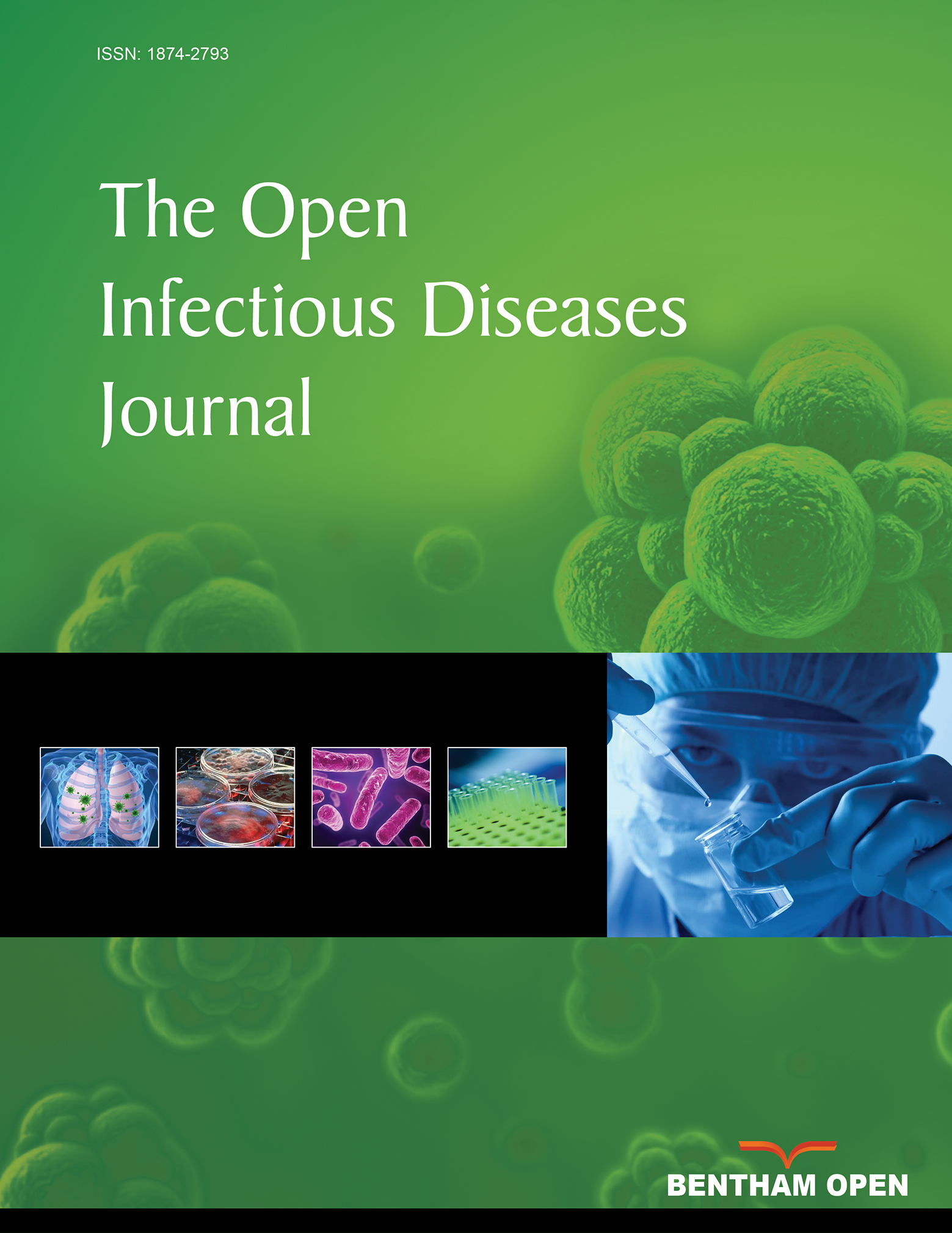All published articles of this journal are available on ScienceDirect.
Parasite Vaccines: Recent Progress in, and Problems Associated with their Development
Abstract
Metazoan and protozoan parasites are major causes of human and animal disease causing extensive morbidity and mortality, particularly in tropical and sub-tropical climatic regions. WHO estimates that one person in every four is affected by parasitic worms with disease outcomes ranging from chronic symptoms, blindness, disfiguration to death. In addition, gastrointestinal parasitism is one of the greatest animal health constraints worldwide, both to commercial and subsistence farmers. While substantial progress has been made in identifying potential protective antigens, vaccine development is impaired because it is difficult, often impossible, to cultivate many of the major target parasites in vitro, most parasites present different developmental stages to the host immune system, most show considerable antigenic diversity and there is growing evidence that they directly modulate the host immune system to their advantage. While progress has been made in the last decade in the cloning and expression of protective antigens from a large number of parasites, the majority have failed to stimulate practically useful levels of protective immunity in trials. This review is intended to provide the reader with an overview of the nature of the disease problem being addressed using selected examples and the approaches being taken to develop vaccines to counter the adverse effects of infection. It is not intended to be fully comprehensive and the interested reader can access more in depth discussion from cited references and using on-line search resources


